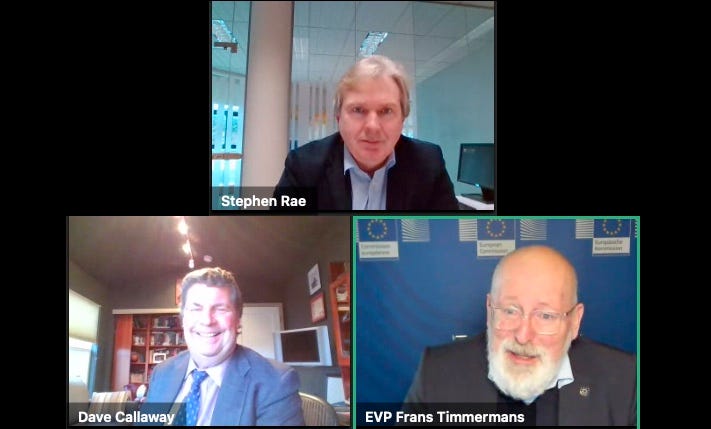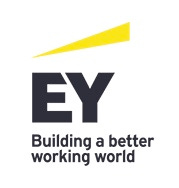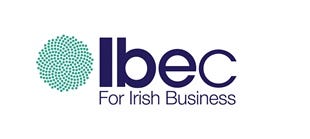Timmermans: Europe's ancient building blocks are part of green future
Climate czar says Covid crisis should not be an excuse to cut corners

(George Barker is a journalism/CS major at Northeastern University. He’s worked for the Harvard Business Review and as campus and sports editor for The Huntington News.)
BOSTON (Callaway Climate Insights) — European Climate Commissioner and EU Executive Vice President Frans Timmermans says one of the greatest challenges his continent faces is converting the historic buildings in Europe’s centuries-old cities for a sustainable future.
Netherlands native Timmermans, the keynote speaker at Callaway Climate Insights’ first #DublinClimateSummit, highlighted the critical importance of energy efficiency in a wide-ranging talk and Q&A session which also included his thoughts on hydrogen development, agriculture, energy alternatives, recovery from the Covid crisis and the desire to preserve heritage.
That means, for instance, that the magnificent buildings in Amsterdam, his homeland’s capital, need to be retrofitted to prevent heat loss and also updated to incorporate green technologies.
In his speech, Timmermans said European leaders understand they need to mobilize funds “to the tune of €1.8 trillion ($2.2 trillion),” some of which can go to doubling the yearly reduction of energy consumption of buildings in the EU, shifting the pace from 1% reduction per annum to at least 2%. That will not only have major climate impacts, but boost small and medium enterprises that are struggling to survive the harsh economic conditions caused by the Covid pandemic.
“It will get … small and medium-sized enterprises going immediately out of the crisis in the building sector,” he added, and “it will provide for better housing and less energy consumption, so lower energy costs and better value.
“It can also be applied to official buildings, to schools or hospitals,” he said, adding that energy policies can also help address issues such as a housing shortage in the Irish capital, Dublin.
“The housing challenge is huge in that city, and this renovation wave could contribute to that. We could do it at the same time in an environmentally conscious way, in a climate-neutral way.”
Timmermans said he knows the policies carry many challenges, notably the matters of scale and coordination. Of great importance, he said, is the hope that large corporations producing sustainability-oriented products could have better connections to small and medium enterprises who can install them. Meanwhile, he said, homeowners need to be encouraged to make sustainable decisions about their homes.
“It's a matter of organization, and if we get this right, I think you will see a remarkable level of activity in building in the years to come,” he added.
The climate chief, who was the First Vice-President of the EU Commission from 2014 to 2019 before becoming a leader for the European Green Deal, also pointed to the importance of sustainable agricultural practices, emphasizing that farmers need to recognize that they are the “first victims of climate change” and noting that droughts, pollinator loss and other environmental shifts are already lowering crop yields.
In order to protect farmers, Timmermans said they need to be guided toward a new concept of ecological farming that doesn’t overburden the planet with fertilizers and pesticides. He also encouraged the use of new technologies such as remote sensors that enable more precise farming.
In addition, he said, the EU’s Common Agricultural Policy, which involves the heavy use of subsidies – which tends to promote large-scale farm operations — needs to be changed.
“At present, 80% of the money that is spent on the Common Agricultural Policy goes to 20% of the farmers,” he pointed out. “There’s something really out of balance here, and we need to make sure that more money goes to the people who are actually working on the land, and not just to the landowners.”
Timmermans also warned of a potential clash between population growth and agricultural sustainability. “We might be heading towards 10 billion people on this planet, and they will all need to be fed,” he said. “But they can only be fed in a way that respects planetary boundaries, and we’re not working within those boundaries today if we don't change our Common Agricultural Policy.”
Beyond reforming the practices of farmers within the EU, Timmermans highlighted the need to ensure that competitors in countries without stringent climate targets can’t undercut European farmers.
“It’s only logical that what we want for ourselves will also be part of how we want to negotiate with the outside world in terms of our trade agreements.”
Timmermans also discussed the importance of ensuring that the rush for economic recovery from the COVID pandemic does not get in the way of the EU’s ambitious climate plans, which include reducing greenhouse gas emissions by at least 50% by 2030 and climate neutrality by 2050.
“We need to take into account that the way we recover will also determine whether we will be successful in tackling the climate crisis,” he said, adding that the funds available to address climate change can be used in a way that both promotes sustainability and economic recovery.
And that includes those old houses along the canals of Amsterdam.
The webinar was supported by EY, the multinational professional services network, and Ibec, Ireland’s domestic and international business lobby. The hosts were Callaway Climate Insights’ Stephen Rae and founder David Callaway. Other participants in the webinar included Irish Environmental Minister Eamon Ryan; Danny McCoy, CEO of Ibec; Rachel Bronson, president and CEO of The Bulletin of Atomic Scientists; Sarah Fay, managing director of Glasswing Ventures USA; and Marsha Vande Berg, CEO of MJV Global Insights and former CEO of the Pacific Pension and Investment Institute.



